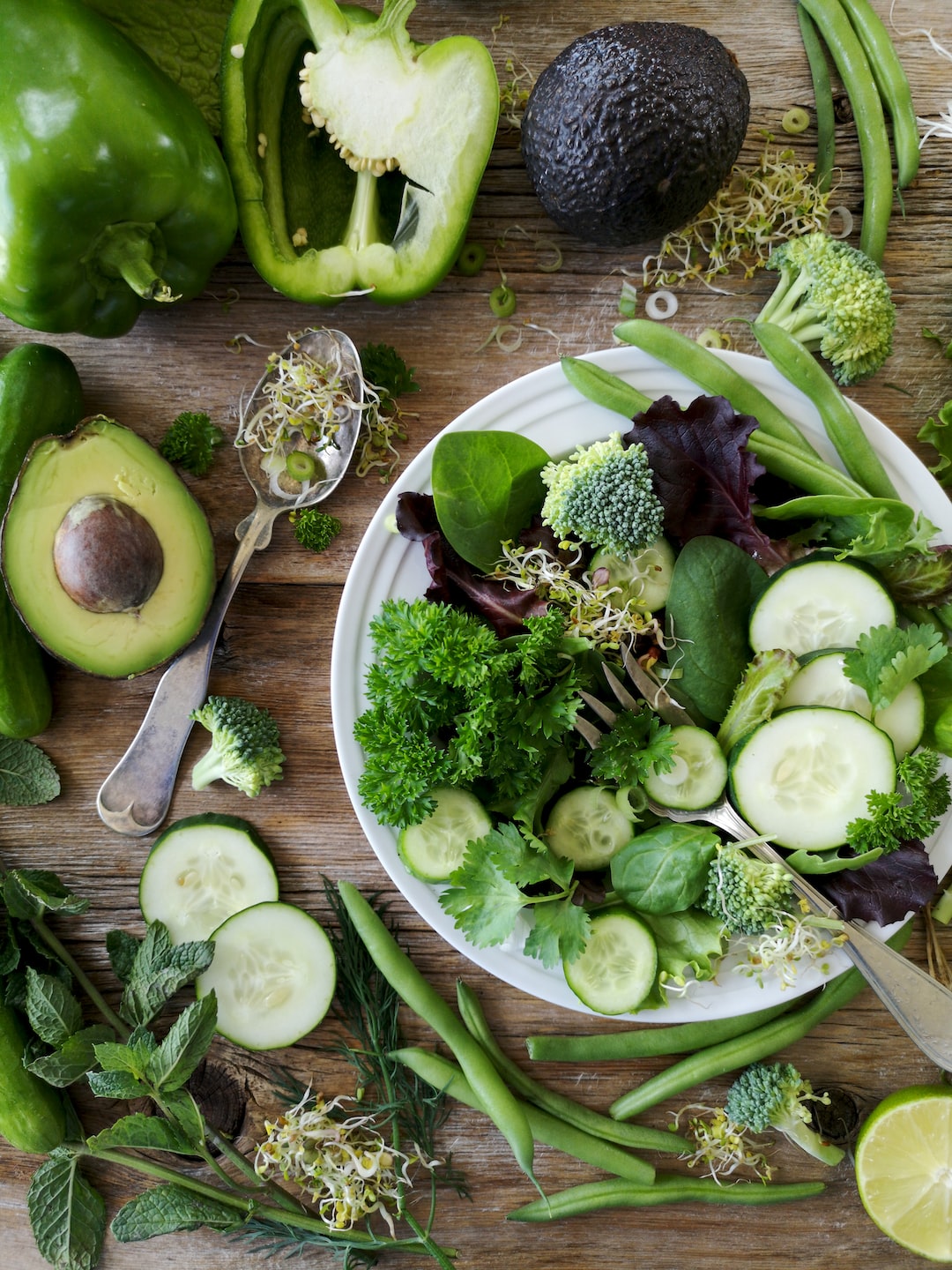Exploring the World of Sushi: From Nigiri to Maki Rolls
Sushi has become a beloved culinary experience for food enthusiasts around the world. Originating from Japan, this delicate and exquisite cuisine has captured the hearts and taste buds of people from all walks of life. From nigiri to maki rolls, there are countless variations and flavors to dive into when exploring the world of sushi.
Let’s start with the basics: nigiri. Nigiri is a traditional type of sushi that consists of a small mound of vinegared rice topped with a slice of raw fish, seafood, or even cooked ingredients. The mastery of a sushi chef is evident in the way they form the rice into the perfect bite-sized shape and delicately place the fish on top.
The beauty of nigiri lies in its simplicity. The rice acts as a neutral canvas, allowing the flavors and textures of the toppings to shine through. The freshness of the fish is crucial, as it should be tender and melt in your mouth. Popular types of fish used for nigiri include salmon, tuna, yellowtail, and shrimp, each bringing its own unique taste to the table.
While nigiri is the epitome of classic sushi, maki rolls have gained immense popularity in recent years. Maki rolls consist of fish, vegetables, or other fillings, rolled in seaweed (nori) and surrounded by vinegared rice. The roll is then sliced into bite-sized pieces, showcasing the beautiful cross-section of ingredients.
One of the most recognizable maki rolls is the California roll. This Westernized roll was created in the 1960s and features imitation crab meat, avocado, and cucumber. The California roll was a game-changer for many who were initially hesitant about trying raw seafood. Its combination of creamy avocado, crunchy cucumber, and mild crab flavors has made it a staple in sushi restaurants worldwide.
For those who enjoy a little kick in their sushi, the spicy tuna roll is a must-try. Diced raw tuna is mixed with spicy mayo and rolled with cucumber and avocado. The spiciness of the mayo complements the rich flavor of the tuna, creating a harmonious balance of heat and freshness.
Vegetarians need not worry, as sushi has plenty to offer. The vegetable roll, also known as futomaki, is a colorful combination of various vegetables such as cucumber, avocado, pickled daikon, and carrots. Its vibrant appearance is only surpassed by the explosion of flavors that burst with each bite. The vegetable roll is an excellent option for those looking for a lighter and refreshing sushi experience.
Beyond nigiri and maki rolls, there are other sushi variations worth exploring. Temaki, for example, are seaweed cones filled with rice, fish, and vegetables. They are meant to be eaten by hand, making them a fun and interactive option for sushi lovers.
In addition, sashimi is a staple in Japanese cuisine that showcases the highest quality of raw seafood. Unlike nigiri, sashimi does not include rice and relies solely on the flavors and textures of the fish. The thinly sliced pieces of sashimi are typically served with soy sauce, wasabi, and pickled ginger to enhance the taste.
To fully appreciate the world of sushi, it is important to understand the art of Japanese cuisine and the dedication that goes into its preparation. Sushi chefs spend years honing their skills and perfecting their techniques to create the ultimate culinary experience.
Whether you’re a sushi aficionado or a curious beginner, exploring the world of sushi opens up endless possibilities for taste and texture. From nigiri’s simplicity to maki rolls’ creativity, each bite is a journey into the flavors of the sea. So next time you find yourself at a sushi bar, dive in and let your taste buds embark on a delicious adventure.


